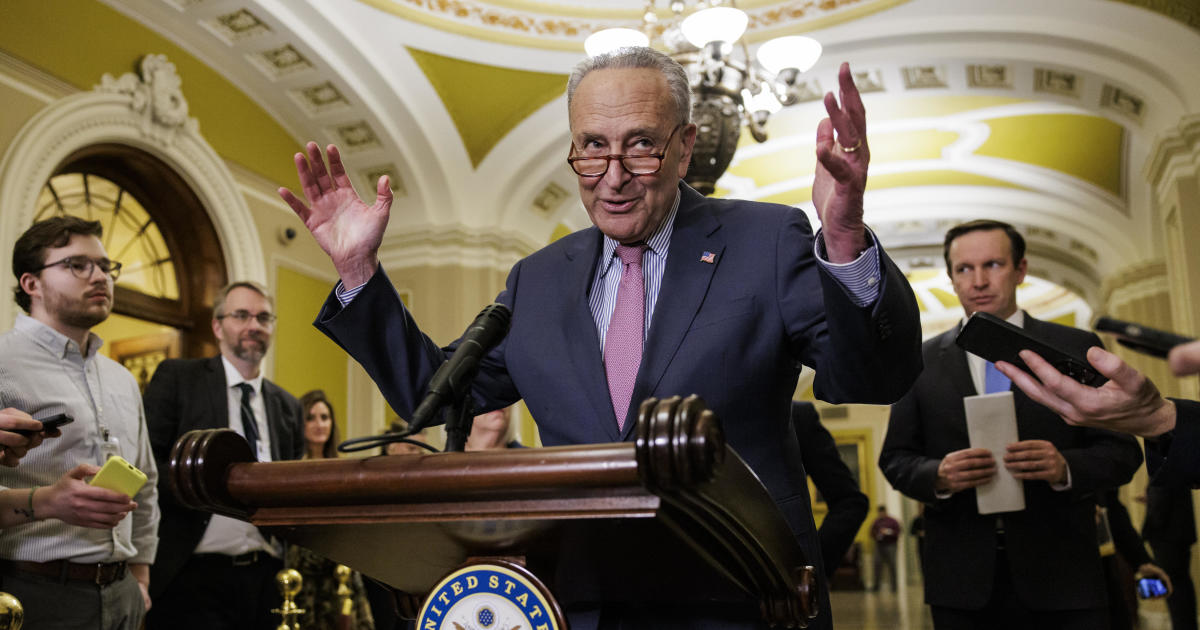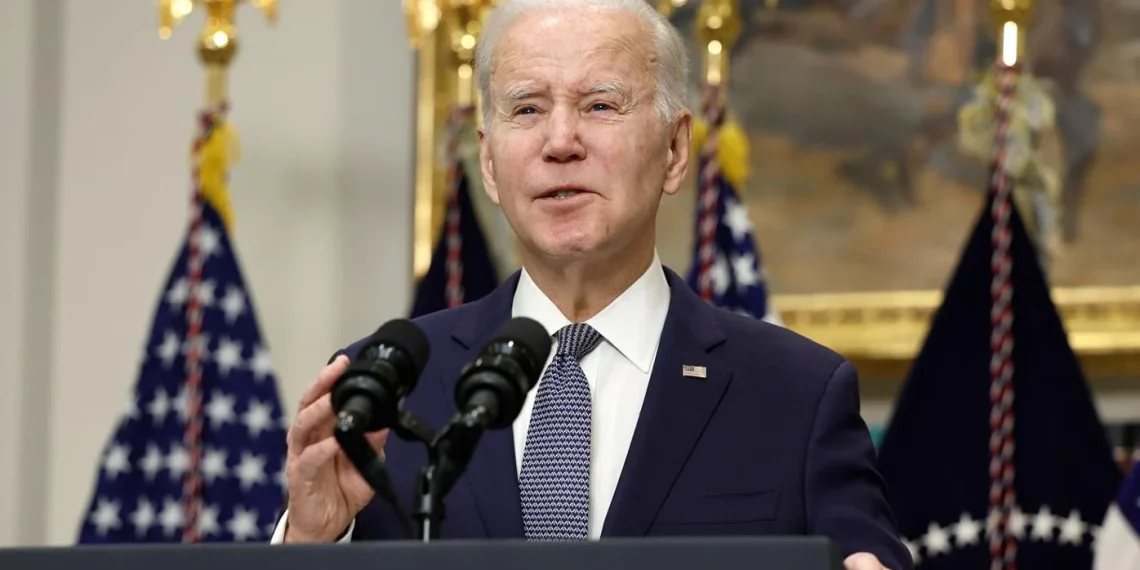The Democratic-led U.S. Senate swiftly approved a short-term stopgap spending bill, preventing a partial government shutdown just hours before funding expiration. The measure, endorsed by the Republican-controlled House of Representatives, now awaits President Joe Biden‘s signature.
It sets deadlines for funding various government sectors by March 8 and March 22, providing temporary relief amid fiscal negotiations.

President Biden welcomed the bill’s passage, emphasizing its importance in averting a detrimental shutdown. However, he cautioned that it only offers a temporary solution, urging for long-term fiscal planning to address underlying challenges.
In the House, a bipartisan coalition supported the stopgap measure, underscoring the necessity to avoid disruption while negotiations for the full fiscal year’s funding remain ongoing. Yet, challenges loom as partisan divisions persist, particularly concerning aid to Ukraine and other geopolitical priorities.

House Republicans anticipate addressing aid to Ukraine and other international allies following the completion of spending bills by March 22. Meanwhile, conservative pressure on Speaker Mike Johnson to use a shutdown as leverage underscores the broader ideological divide within the Republican Party.
Despite the bill’s passage, Congress faces looming battles over funding levels and policy measures, indicative of the ongoing struggle to reconcile differing priorities.
The repetitive brinkmanship surrounding fiscal matters poses challenges to the nation’s creditworthiness, with mounting concerns from major rating agencies over the escalating debt crisis.





